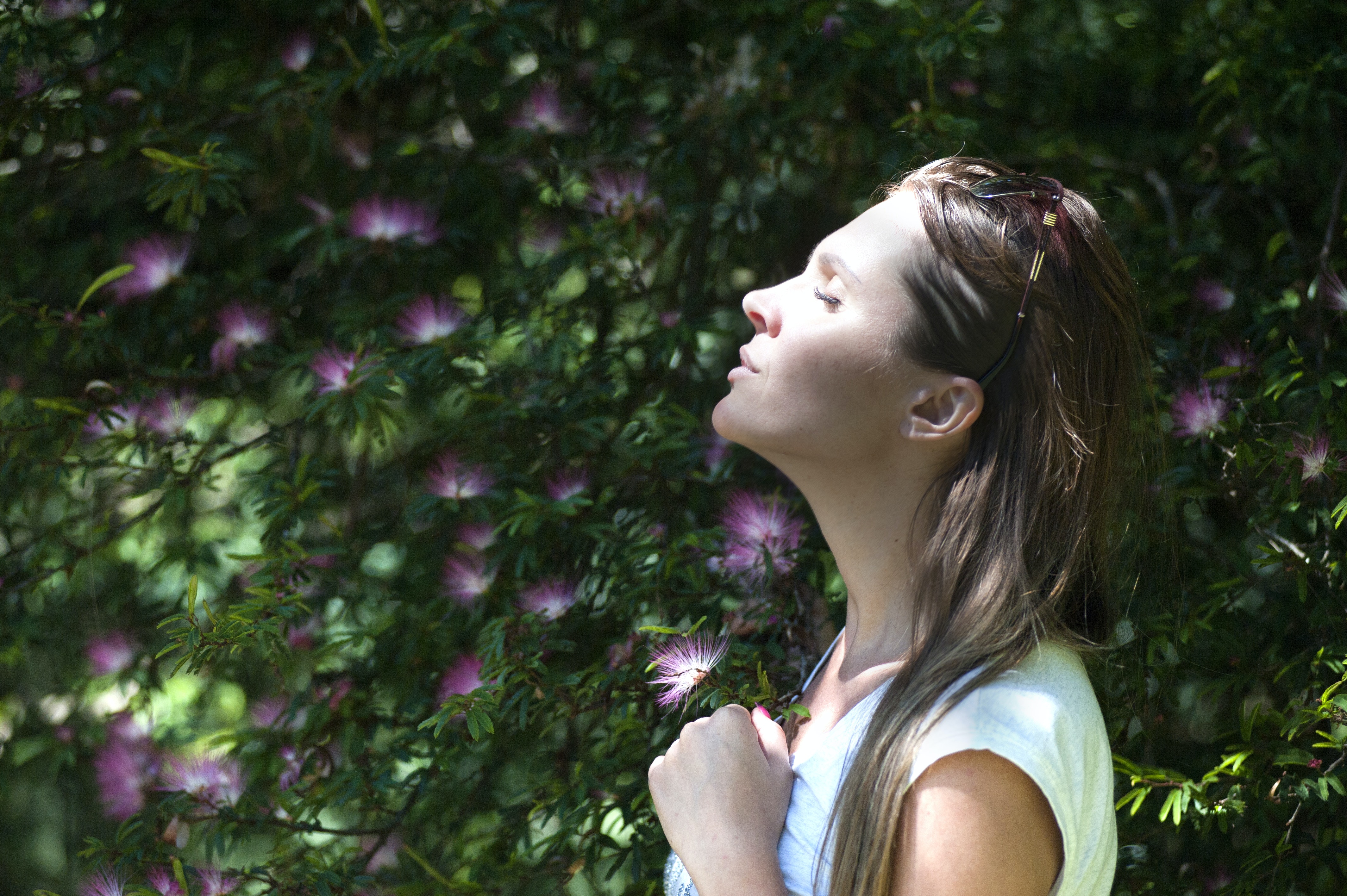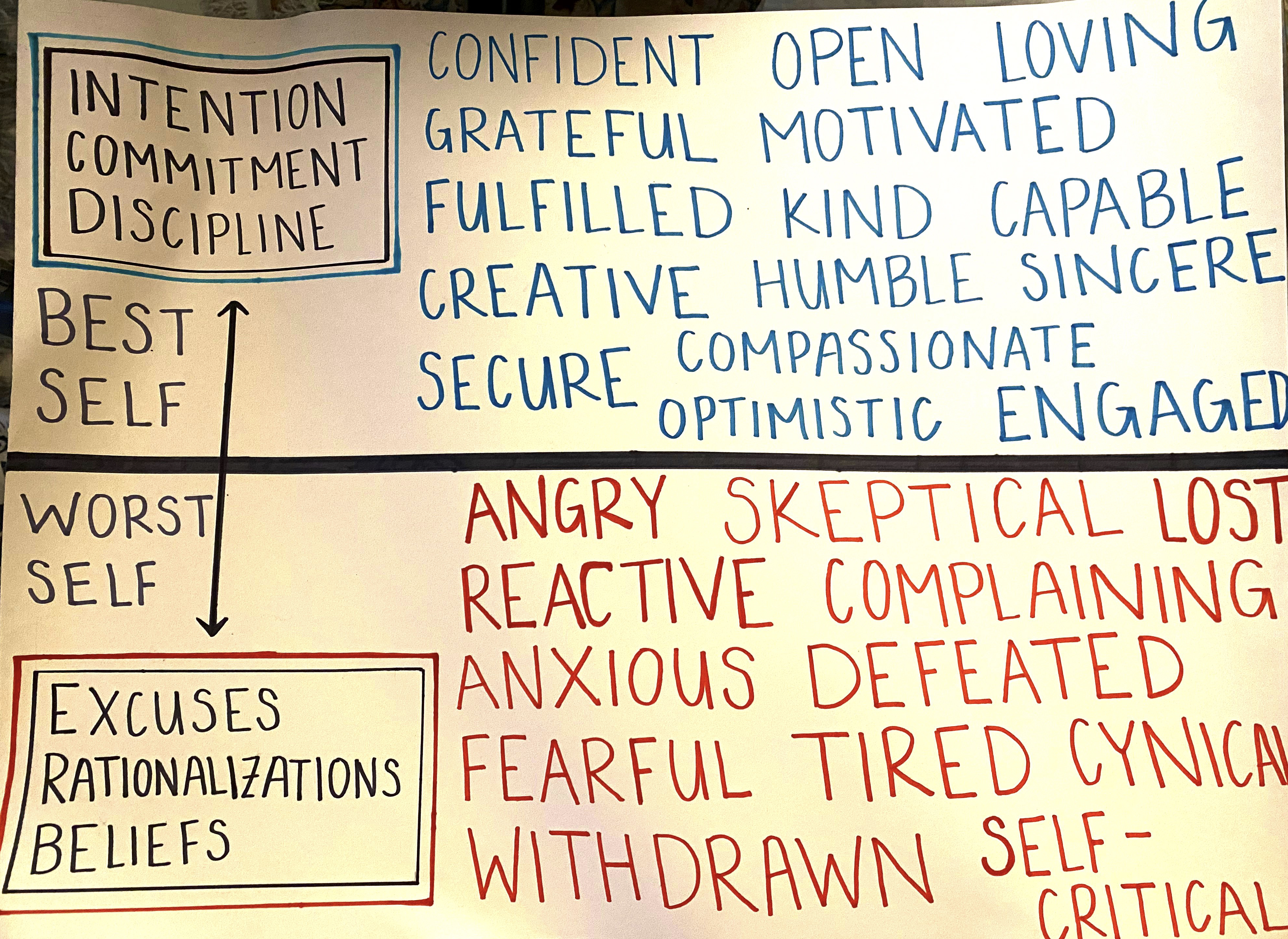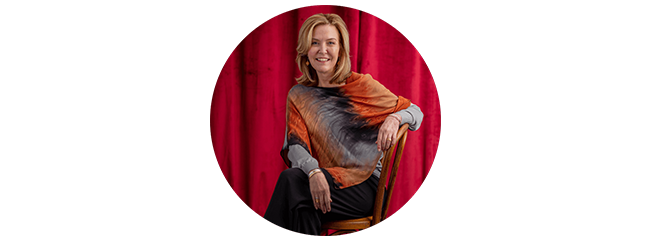What’s Your Personal Operating System?
Allow me to start with a realization that recently hit me: in contemporary human life, you and I are living at an extraordinary time. Not only because we’re living through a global pandemic; not just because we’ve recently entered the 21st century (which I’ve written much about recently relating to artists being central and five actions organizations should take now); but also, because we’re the generation beginning a new millennium.
A new MILLENNIUM. Historians will study this time, comparing it to similar historical epochs, and they’ll ask: who were these people? What did they learn? What changes did they drive? It’s a little heady, thinking this way, and frankly, most of us are solidly focused on managing through this pandemic time so that we can thrive on the “other end.” Yet, it’s becoming increasingly clear that this crisis will result in permanent transformations, just as authors Strauss and Howe detailed has consistently happened during and after every crisis since before the Reformation.
Change is coming, and it’s related to our relationship to work, to each other, to our planet, and more.
From coping to reinventing
Last October when we were in the thick of reacting to the pandemic and seeking tools to cope and survive, Dr. Michael Maddaus had just released his article, “The Resilience Bank Account™: Skills for Optimal Living.” We interviewed him on our webcast, TRG 30, and talked about his perspective that we all require better personal “operating systems”—ways of living—to support our resiliency. These include nine keystone habits that support our mental, physical and leadership health.

Dr. Michael Maddaus
Dr. Maddaus and I have stayed in touch. He served as faculty for our Convene leadership program, and we’ve talked at length about leadership health and systems, and how they relate to healthy organizational systems for our creative sector.
After a recent teaching session with our Convene leaders, I challenged him: you’ve now spent more in-depth time with leaders in arts and culture: What are the most important concepts and actions they should be incorporating into their Personal Operating Systems so they can lead their organizations to thrive in this new millennium?
Excerpts and ideas from our conversation follow.
Toggling to avoid the dopamine chase
“The first and most critical concept,” said Maddaus, “is personally learning how to toggle every single day between the two reward systems of the brain - The Future System and The Here and Now System.”
He explained: Most of us operate our lives on autopilot, governed by outside pressures, opportunities and responsibilities that trigger chemicals in our brain that reward us. Chemicals like dopamine—a wonderful, motivating chemical that helps us focus on getting things done, and keeps our eye on the ball of hitting future objectives. But when we become dopamine-addicted, when our satisfaction comes mostly from hitting objectives, getting the “atta-girl,” receiving important invitations, our lives can become out of balance, sometimes seriously affecting our health, wellbeing and relationships. And he notes: The dopamine chase is dangerous game to play.
“The pandemic threw those of us who rely on that chemical, those of us whose primary motivation is to achieve and hit targets and make things happen, into the wilderness of uncertainty and an inability to plan. Now what the hell are we supposed to do? We can’t plan in this scenario! It threw many people into states of anxiety and depression because the future reward system couldn’t be as easily triggered.”
Forming habits for resilience
The antidote? Personal practices and daily habits that focus your attention on the here and now and activate different but equally powerful chemicals in the brain, like serotonin, endorphins, endocannabinoids, and oxytocin, which according to the good doctor play powerful roles in modulation and recovery from stress. There’s science behind all of it, as he describes in “The Resilience Bank Account.”

Keystone practices are simple, but they don’t become easy until they are habits. Photo by Alexandr Podvalny from Pexels.
The Resilience Bank Account is a set of nine scientifically proven keystone habits that are critical for optimal performance: say no to say yes, nutrition (low sugar/fructose/processed food), sleep, exercise, meaningful dopamine projects, meditation/mindfulness, gratitude, self-compassion and connection to others. Grounded in science and directly relatable to leadership strength and capability, these keystone habits generate resilience so leaders can lead and achieve while also building the capacity to recover, modulate more successfully between stressful events, and engage more productively with others.
One crucial enabler of the operating system is the intentional ability to toggle back and forth between The Future and The Here and Now Reward Systems. “It is very simple but not necessarily easy until it becomes habit,” he said.
To shift away from a mindset of keystone habits as tasks on a never-ending to-do list “requires a shift in priorities and decisions about which boulders are going to be the boulders in your life, and then making a full-on commitment to them,” he said.
Who are you “above the line?”
Take a few minutes and try this exercise: Draw a line on a large piece of paper. (A horizontal 8x10 will do.) Then, above that line write the adjectives and words or phrases that describe you at your best, when you feel “above the line.” Give yourself about ten minutes to do this and think of yourself not only at work, but also with your family or loved ones, friends, in your community, etc.

Who are you when you are “above the line?” Image source: Michael Maddaus
Now, do the same exercise below the line, this time focused on when you are decidedly not at your best, when you feel “below the line.”
Dr. Maddaus takes groups and individuals through this process regularly—we did it in our Convene group—and it always brings abstract concepts and the science home. To him, as well.
“When I am above the line I love life, and I have the emotional space and warmth for everyone,” he said. “It is, when I get there, like a high, but without the hangover.”
Here’s the resulting leadership question: whom do you want your board, staff, family and friends to see and experience? You, above or below the line? And what are you prepared to do about it?
When 4,000 weeks isn’t enough
That’s the amount of time we have on this planet if we live the current average 80-year lifespan in the west, according to acclaimed Guardian writer Oliver Burkeman who wrote, “Four Thousand Weeks: Time Management for Mortals.” Dr. Maddaus and I love this book, not only because it’s written by a guy who wrote a column about time management for the Guardian, but also because, in it, he debunks everything he thought he knew.
Our discussion of “Four Thousand Weeks” had us talking about managing time as a resilience practice, as part of the personal operating system.
“You have to find a way out of the miasma of being more productive and the false promise of that leading to higher levels of productivity,” Maddaus said. “By stepping out of that and realizing your finite resources, you can double down on pursuing what matters to you.”
Everyone will have their own day rhythm, he said, but the broader concept of an individual’s overall time through their life – those 4,000 weeks – is where the importance of time management comes in. “It becomes a matter of prioritization,” he said. “There is no other way around it.”
And remember: you are a whole person, and your allocation of time must consider the biggest priorities in your whole life, including and especially you.
If this pandemic has done nothing, it’s reminded us that we are whole people. Cats. Kids. Fire drills for everyone to see. When it comes to our work-life ecosystem, expectations of employees and stakeholders are changing, and leaders must cultivate environments and cultures where people feel safe to be their whole selves.

The pandemic has reminded us: we are whole people for everyone to see, even at work. Photo by Agung Pandit Wiguna from Pexels.
What about organizational operating systems?
Here’s where an over-used trope applies: leaders must put their oxygen masks on first, Maddaus said. The start to building organizations that have resilient operating systems is leaders who model resiliency. It’s another simple concept, but it’s not easy.
The goal, of course, is acknowledging that an organization is made up of people who may also have needs for better personal operating systems. Because that’s the case, and because our pandemic realities have seriously shifted people’s relationships to their work, as is being detailed in the news regularly now (like here, here and here), we must prioritize these efforts.
Testing and working on this myself and at TRG Arts, I’m concluding that these efforts have the potential to grow people’s capacity to be creatively resilient, and it is through our people that we will have the most meaningful impact on our communities.
So, as Dr. Maddaus points out, we can’t rest on the old ways just because they have seemed to work well enough in the past. “Is it really the best way?” he said. “We have to question all of these assumptions, which is part of that operating system.”
Keep an eye out for my next blog, where I’ll describe how leaders can apply their personal operating systems to organizations, because that is where we transform for this new millennium.
Are you inspired? Do you know your next steps?
You can continue the discussion by signing up for my newsletter here. I want to gather the stories of what defines a 21st century arts organization, and you can help me do it with your powerful examples.
And if your organization wants something more, such as support with ongoing guidance and direction to inspire your future resilience, take the next step and schedule a call with TRG Arts here.
Jill S. Robinson CEO | TRG Arts

Jill S. Robinson is CEO of TRG Arts (The Results Group for the Arts), a renowned international, data-driven change agency and a ColoradoBIZ Top 100 Women-Owned Company. As a driving force in the arts and culture sector, Jill has inspired leaders and organizations for more than three decades, and her expertise and counsel are sought out by arts and cultural executives worldwide. Jill believes in the transformative power of arts and culture experiences, and that positive, profound change in the business model of arts organizations leads to artistic innovation that can inspire entire communities.
More Blogs from JillLeaders: Do you consider yourself to be creative?
This year, I'm on an exploration of creativity, sharing reasons why the arts and culture sector isn’t as creative or resilient as it could be. I invite to you to join me: I'd love to engage with you about what I’m seeing, what you’re seeing, and what we might do to make a difference.
Join Me
